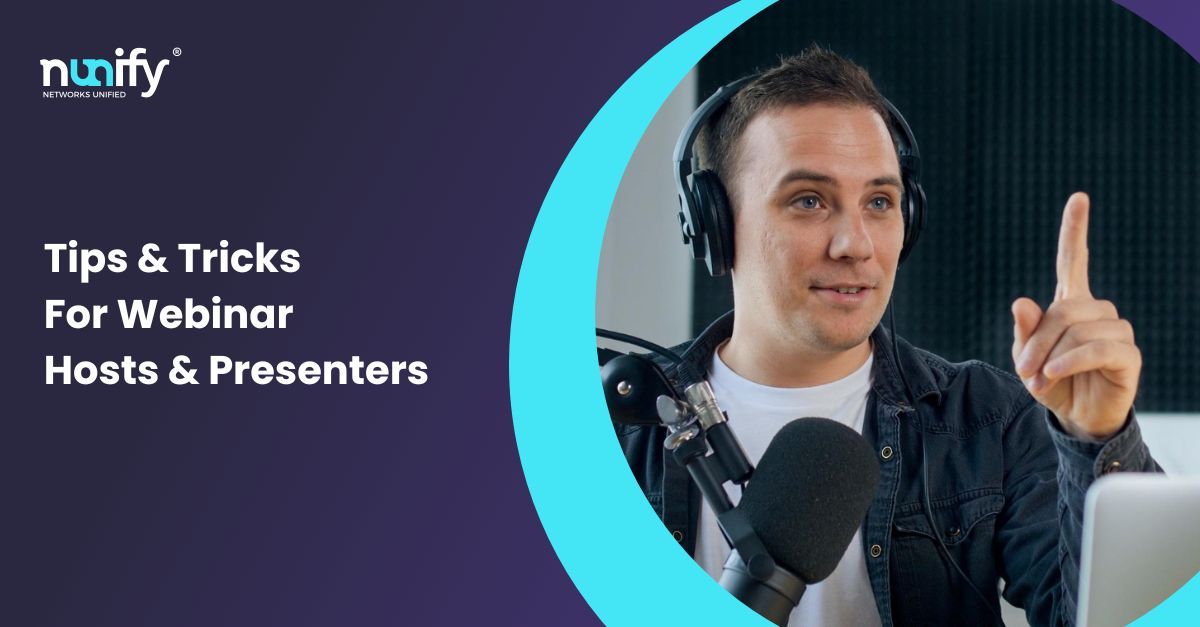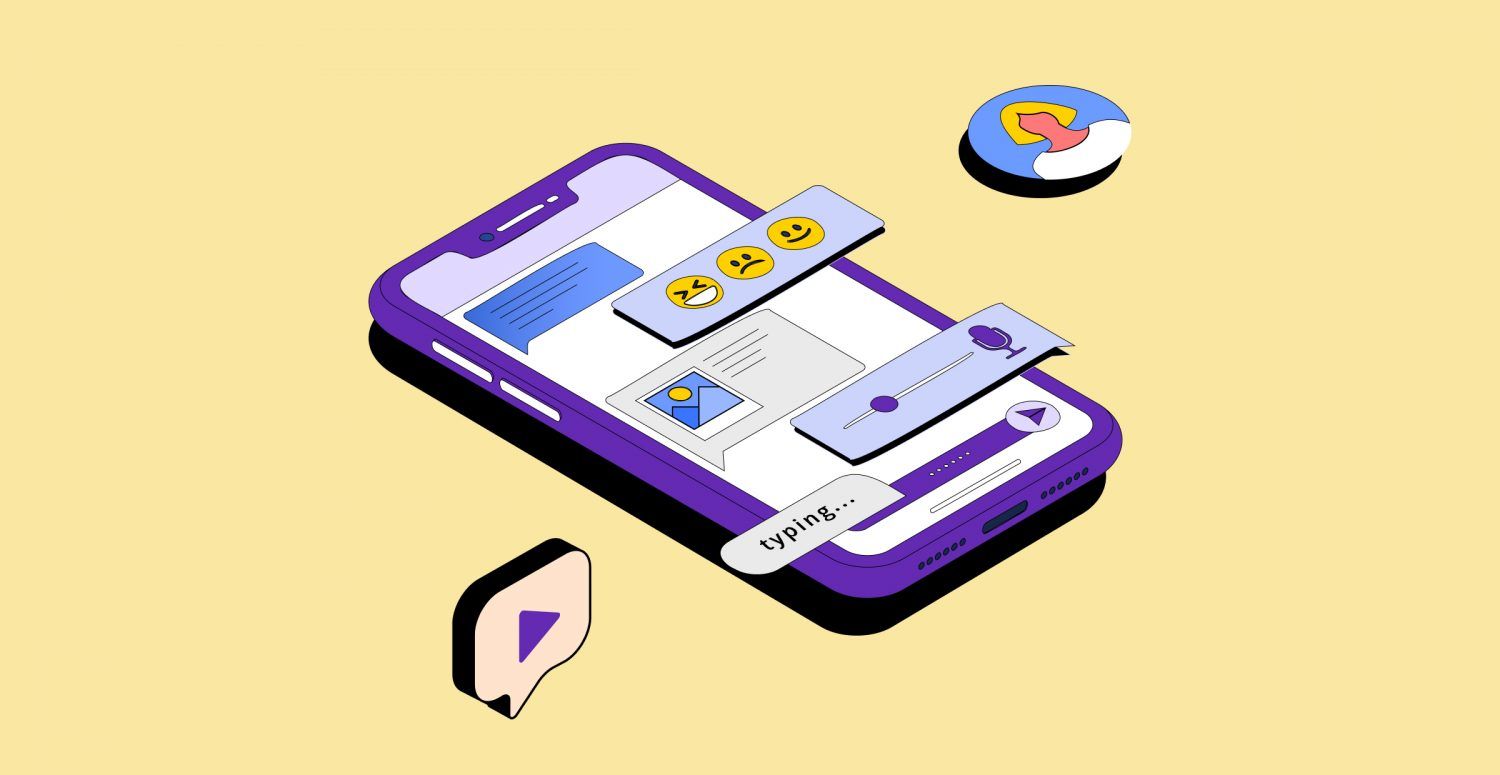Organizing an event can be challenging as you need adequate funds to get all the logistics in order. Besides, you must develop ideas and activities to keep your audience engaged.
Lack of funds compromises the customer experience, while low engagement can turn off your audience.
But there is a solution — Event sponsorships. Sponsors fund your events, offer in-kind benefits such as food, prizes, and host activities to engage your audience. It’s a win-win for both parties. But, to get the sponsorship, there is a lot you need to learn, and we will help you with that.
The right sponsorship can support your event finances, boost event visibility and help you develop good connections with the sponsors for future opportunities.





